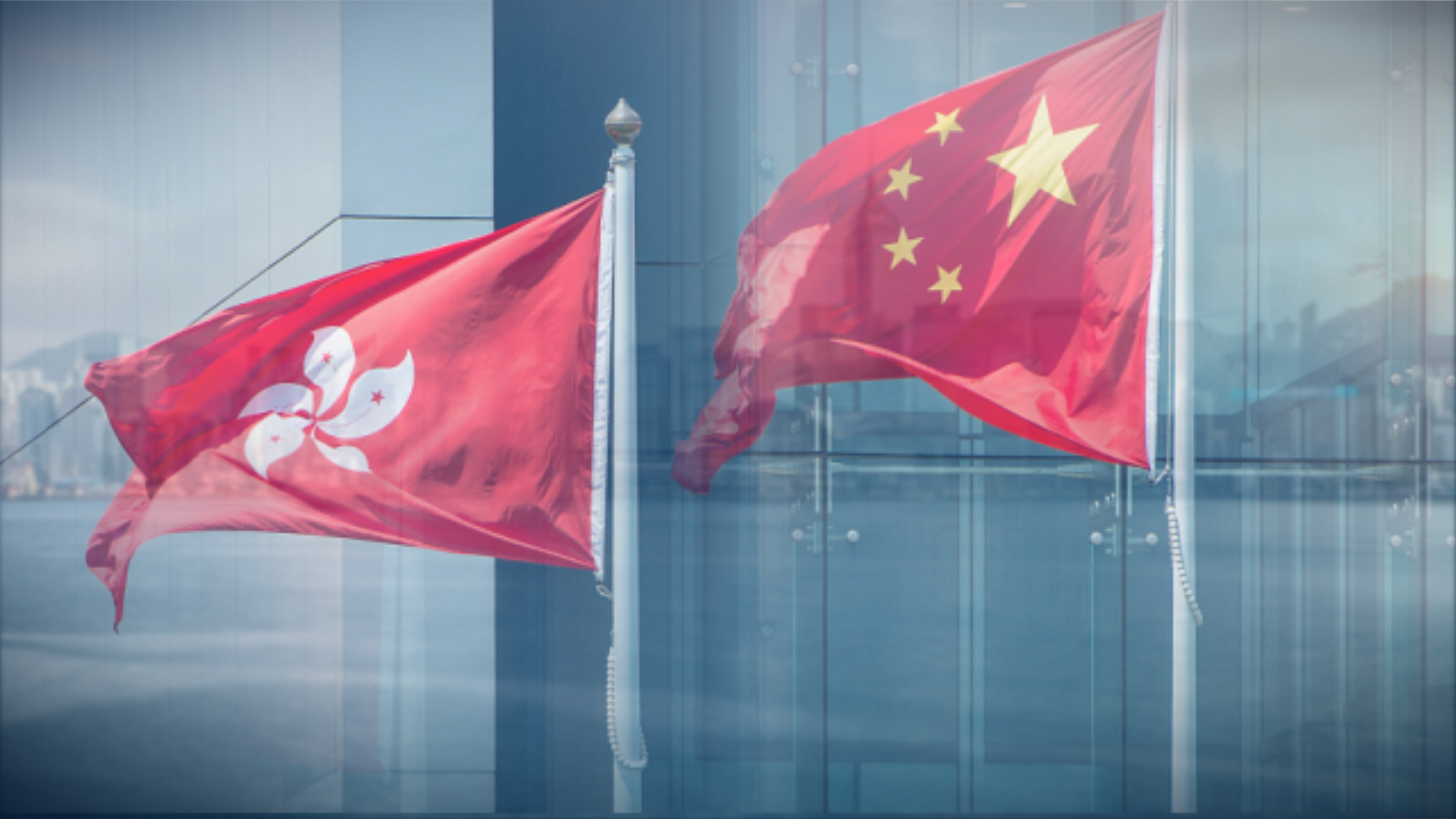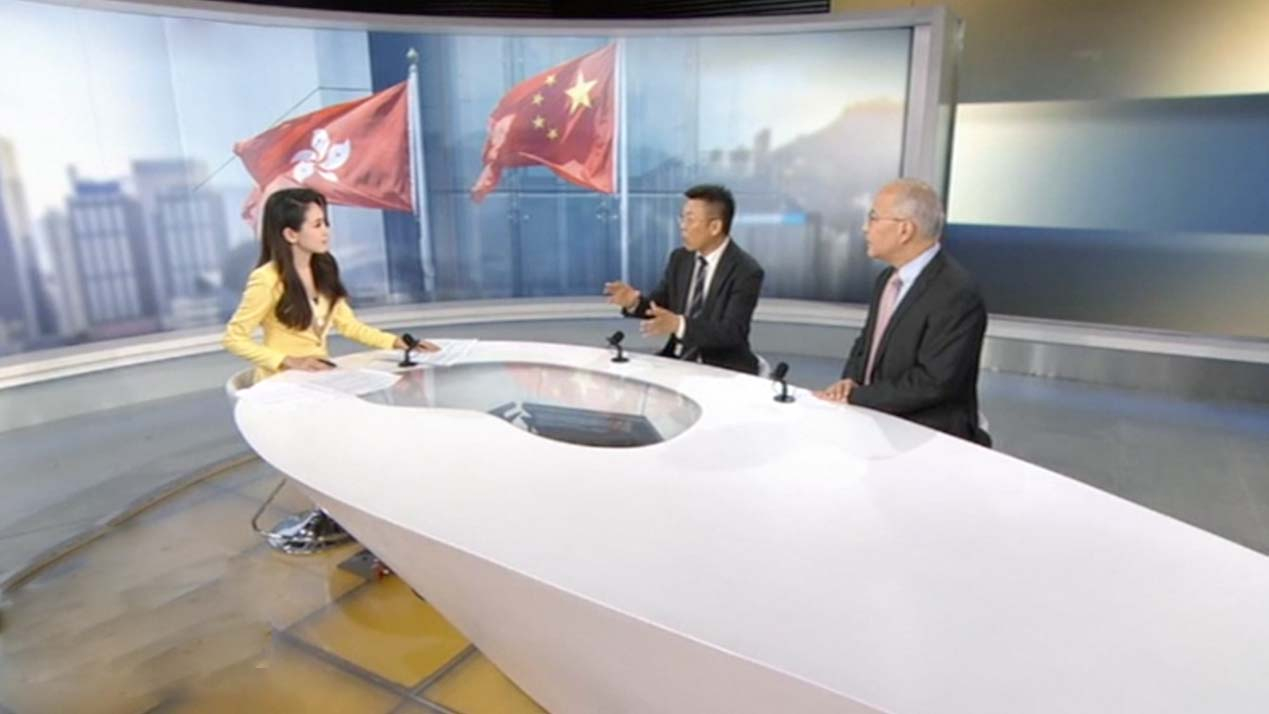

Since protests broke out in June and have severely escalated since July, the city of Hong Kong has been plunged into chaos. Local residents' lives have been jeopardized by the strikes, while operations in the financial and trade hub have been disrupted. Hong Kong Chief Executive Carrie Lam described the city as being on the verge of a "very dangerous situation."
Lawrence Ma, a barrister and chairman of the Hong Kong Legal Exchange Foundation, said the demonstrations in Hong Kong have gone badly as public transportation has been disrupted and residents' daily routines have been interrupted.
Ma also mentioned the consequences the protesters will face for violating the law, such as 10 years in prison for rioting, or three years in prison for unlawful assembly.
Xu Qinduo, a senior fellow at the Pangoal Institution, said the current violence goes beyond the outcry over the fugitive bill. Xu said that the actions of those protesters who stormed the Legislative Council building, defaced a national emblem and brought down the national flag twice are challenging the bottom line of the "One Country, Two Systems" principle in Hong Kong. He stressed that there is a "completely wrong ideology" that needs to be considered, which is that the demonstrators felt glorified by what they did. They think it is forgivable because they are fighting for democracy.
Einar Tangen, a current affairs commentator, said that a "third hand" may be involved in the protests. At the surface level, it appears to be kids complaining about economic conditions. However, based on the images at the scene, it seems like an "organized and financed" event as they prepared hard caps, gas masks and dynamite. "It begs to the question, who is funding this, why and what is the goal? It's certainly not to preserve Hong Kong," said Tangen.
This March, U.S. Vice President Mike Pence met with Hong Kong opposition lobbyists. In June, Speaker of the U.S. House of Representatives Nancy Pelosi called the demonstrations in Hong Kong "a beautiful sight to behold." Some members of U.S. Congress have once again proposed the Hong Kong Human Rights and Democracy Act. In July, Pence, Secretary of State Mike Pompeo and U.S. National Security Advisor John Bolton all met with opposition personnel.
Regarding the purpose of foreign interference on Hong Kong issues, Tangen referred to U.S. actions as "poking the panda," adding the U.S. would like nothing better than to see troops and bloodied students in order to claim that China is not in favor of any kind of freedom. He also stressed that people in Hong Kong should realize that these kids are not helping the situation and are being manipulated. "They are literally destroying the future of their own country," he said.
Xu also thought the deeper purpose of foreign interference would be to destroy or damage the "One Country, Two Systems" principle. U.S. President Donald Trump sent a clear signal that China will not be able to replace the U.S.' position. "Hong Kong is one case for them to pursue the goal," Xu said.

(If you want to contribute and have specific expertise, please contact us at opinions@cgtn.com.)

Copyright © 2018 CGTN. Beijing ICP prepared NO.16065310-3
Copyright © 2018 CGTN. Beijing ICP prepared NO.16065310-3